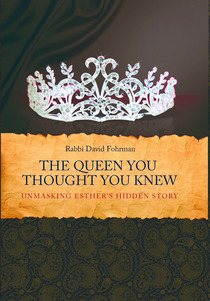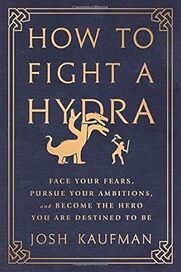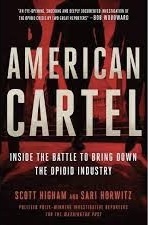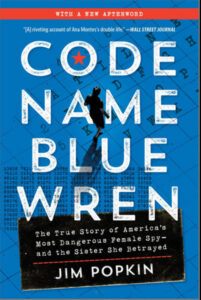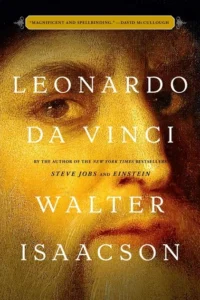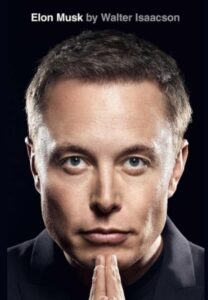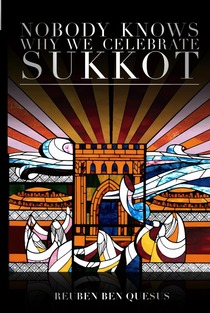
Nobody Knows Why We Celebrate Sukkot is a thoughtful exploration of one of Judaism’s most symbol-rich holidays. Rather than offering a single definitive explanation, the book surveys multiple interpretations highlighting the complexity behind familiar rituals. Its accessible tone makes it suitable for lay readers, while the range of sources invites deeper reflection. Some readers may wish for firmer conclusions, but the book’s strength lies in its honesty about ambiguity. Overall, it encourages curiosity and engagement rather than passive acceptance.

